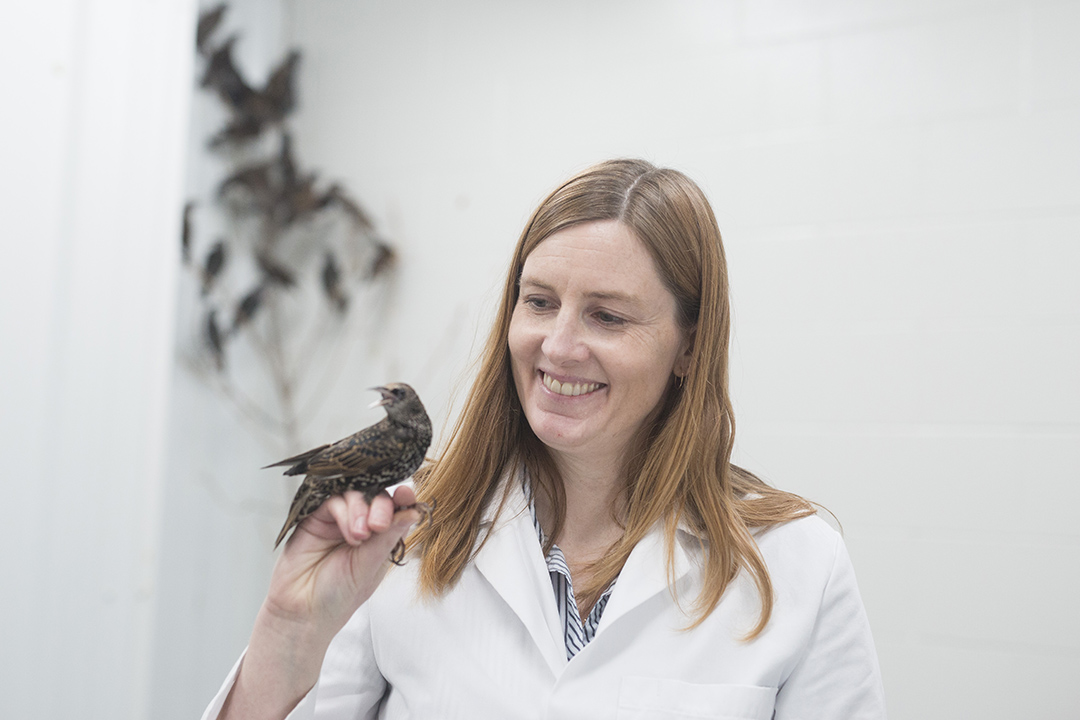
USask researchers awarded over $5 million in NSERC Discovery Grants
University of Saskatchewan (USask) researchers have been awarded nearly $5.7 million from Canada’s Natural Sciences and Engineering Research Council’s (NSERC) Discovery Grants Program to support 32 wide-ranging projects.
By USask Research Profile and Impact"The diversity of projects awarded Discovery Grant funding this year is representative of USask’s impressive, diversified research atmosphere,” said USask Vice-President Research Baljit Singh. “Our scientists are on a constant quest to provide discovery the world needs, and this deeply appreciated investment from the federal government will fuel these efforts.”
The Discovery Grants Program provides up to five years of support to ongoing and long-term research projects which present creativity and innovation.
The Honourable François-Philippe Champagne, Minister of Innovation, Science and Industry, announced investments of more than $635 million in science, research and engineering to support more than 4,800 lead researchers and their teams at a press conference today.
Here is a selection of the projects awarded:
Cattle temperament as an indicator of disease resilience
$152,500

Improving software quality by managing technical debt
$132,500

Detecting effects of insecticides on migratory birds
$275,000
Genetic variability and range dynamics of the American dog tick
$235,000
Understanding what factors restrict the geographical ranges of species remains a key issue in biology, particularly for those species which carry of microbes affecting the health of wildlife, domestic animals and humans. Dr. Neil Chilton (PhD) will examine how genetic variation and species interactions influence the distribution and abundance of the American dog tick, a parasite that is expanding its range northwards and westwards in Saskatchewan, and transmits the bacterium that causes bovine anaplasmosis.

Article re-posted on .
View original article.
